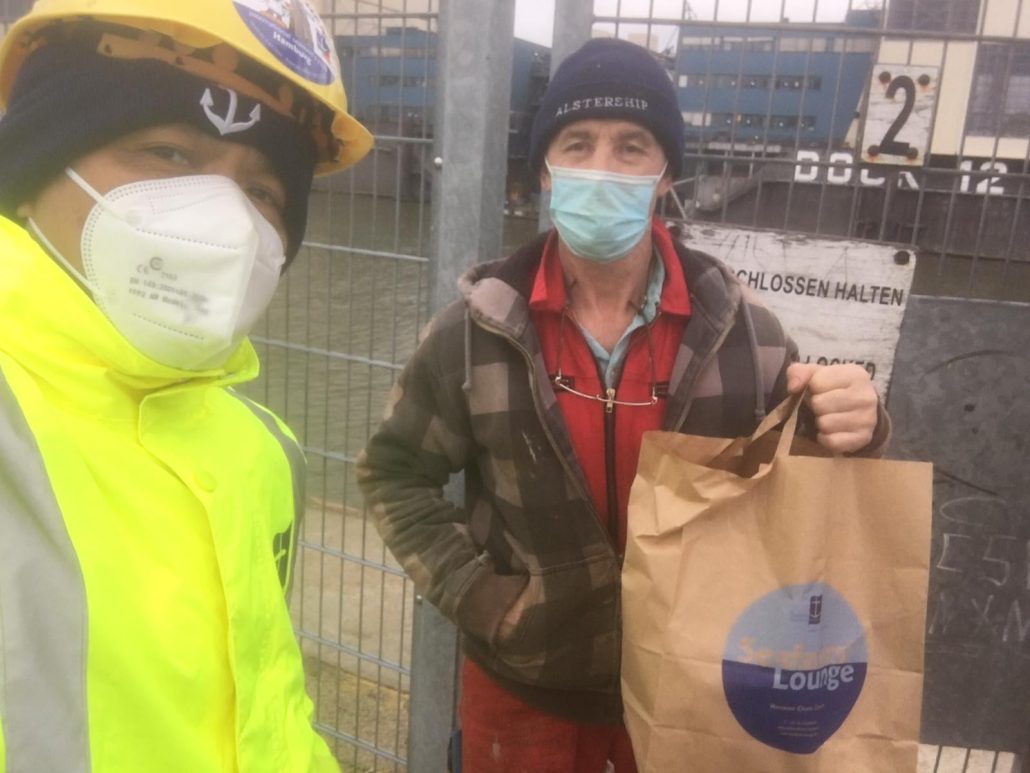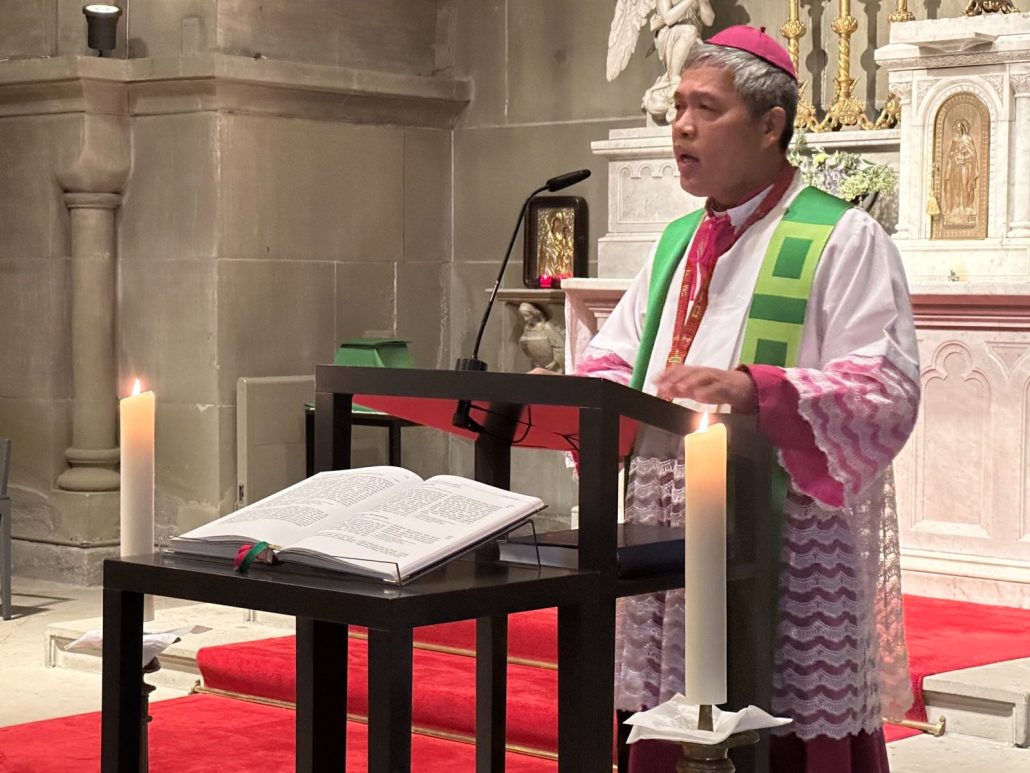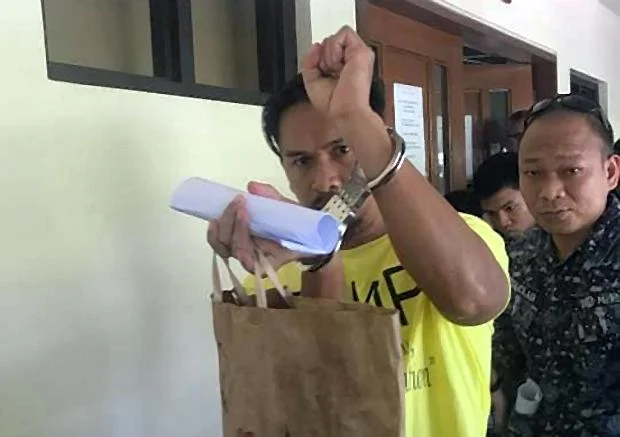Karapatan to Remulla: Why not invite more UN experts for greater compliance?
Human rights group Karapatan urged Secretary of Justice Jesus Crispin Remulla to issue official invitations to more United Nations (UN) Special Rapporteurs to prove its compliance with the recommendations by other countries.
Karapatan secretary general Cristina Palabay said that aside from the government’s “follow up invitation” to UN Special Rapporteur on Extrajudicial, Summary and Arbitrary Executions Morris Tidball-Binz, the Ferdinand Marcos Jr. administration should issue invitations for all UN Special Procedures.
Palabay said these must include invitations to special rapporteurs on human rights defenders, indigenous peoples, independence of lawyers and judges, and right to health to allow them to conduct official investigations on other human rights violations in the country.
“While the UN Special Rapporteur on Extrajudicial Killings is most welcome to provide support for capacity building activities on human rights, the most pressing need for an official visit by the mandate comes from the continuing reports of extrajudicial killings in the country and the dire lack of justice related to the drug war and counterinsurgency programs, as well as to the killings of journalists, lawyers and those in the legal profession. The Philippine government should heed the call of UN member states to issue standing invitations to all UN Special Procedures,” Palabay said in a statement.
3 UN experts to visit PH next year
Remulla on Monday announced government’s invitation to Tidball-Binz as part of its capacity building under the United Nations Joint Programme (UNJP) to improve the human rights situation in the Philippines.
The justice secretary said they wish the UN representative to focus on the capacity building of more forensic pathologists in the country, noting that Tidball-Binz, a Chilean physician, is an expert on forensic science, human rights, and humanitarian action.
Remulla added that Tidball-Binz is expected to visit the Philippines early next year, aside from Special Rapporteur on Freedom of Expression, Thought and Religion Irene Khan and Special Rapporteur on the Trafficking and Sexual Exploitation of children Mama Fatima Singhate.
But Palabay reminded Remulla that in the last UN Universal Periodic Review (UPR) on the human rights situation in the Philippines last week, at least four UN member States—Uruguay, Luxembourg, Uruguay, and Latvia – called on the Philippine government to issue standing invitations for all Special Procedures’ official visits to the country.
Ghana even recommended that the UN Special Rapporteur on extrajudicial killings be granted unrestricted access to the country, she added.
“Such visits can hopefully provide more substantial and independent actions and recommendations on the killings, as well as on the root causes of policies and practices driving such violations,” Palabay said.
Culture of impunity
Karapatan also contradicted Remulla’s statement at the UN on the so-called non-existence of a culture of impunity in the Philippines, saying that the government has very little to show for cases of successful prosecution and final convictions of perpetrators of EJKs and other rights violations, especially among State actors.
“Coupled with draconian policies, official pronouncements by government officials and continuing violations on the ground, Sec. Remulla’s claim is unsubstantiated. Several UN member states who have called for an end to the extrajudicial killings and for independent investigations during the last UPR clearly did not buy these claims,” Palabay said.
In his presentation before the fourth periodic review by the UN Human Rights Council in Geneva, Switzerland last November 14, Remulla said 25 policemen have been charged with murder in connection with the government’s drug campaign.
Remulla’s claim was dismissed by 35 other governments, however, who recommended more investigations on summary executions under the Rodrigo Duterte and Marcos Jr. governments.
Civil society organizations present in Geneva also said that the number of charged police officers was a “mere drop in the bucket” considering the thousands killed under the government’s bloody war on drugs.
‘Remulla engaged in red-tagging himself’
Karapatan decried Remulla’s statements on civil society groups’ participation in the UPR as “somehow linked to the armed movement against government, linked to terrorism” and who “destroy the image of the country.”
These statements, Palabay said, belie Remulla’s claims that red-tagging is not an official policy of the Philippine government.
“His pronouncements are proof that the Philippine government commits red- and terrorist-tagging of organizations, and that it continues the stigmatization of human rights defenders and our organizations,” she said.
Karapatan said it and other organizations comprising the Philippine UPR Watch network that monitored the UPR in Geneva will conduct a report-back session before International Human Rights Day, December 10.
The group added it will monitor the 200 recommendations that the Philippine government reportedly accepted during the UPR, and urged UN member states to ensure time-bound and tangible actions especially on accountability issues, instead of mere promises on paper.
The group noted that the Philippines publicly expressed rejection of recommendations pertaining to measures on sexual orientation, gender identity, expression equality, decriminalization of abortion and divorce.
The government also reportedly reserved responses to recommendations on State actors’ involvement in extrajudicial killings, arbitrary arrests and detention, and enforced disappearances; red-tagging and the enactment of the Human Rights Defenders’ Protection Bill; its rejoining the Rome Statute of the International Criminal Court; the impact of laws such as the Anti-Terrorism Act and the Cybercrime Prevention Act on the freedom of expression and association; the ratification of the International Convention for the Protection of All Persons from Enforced Disappearances and the Optional Protocols on the Convention on the Rights of Children; establishment of the National Preventive Mechanism against torture, among others.
“The Philippines’ rejection of specific recommendations and those without immediate responses show that the government refuses to acknowledge the long-standing human rights issues and concerns in the country,” Palabay said. # (Raymund B. Villanueva)





